Title: How I Remember You is How the Page Flips
Poet: Pushpanjana Karmakar
Language: English
Publisher: Red River
No. of Pages: 96
Format: Paperback
Price: INR 255/-
We are formations of the minute moments of this very life. There is a time period and we find ourselves adhered to instances, emotions, words, faith, fights, hatred and love. Poetry transcends the confined boxes of regularity to take us away from the monochrome. How I Remember You is How the Page Flips by Pushpanjana Karmakar brews intimacy with her own living and our personal experiences by going beyond what we know as stereotype. The macro-element of our lives expands using the references residing on a micro level. Thus, the enormous sky speaks through a millipede or a rusty moon is cupped in the branches of a eucalyptus tree. The addition of micro-elements effectively keeps simplicity in the forefront. poetry
It is not easy to confess what we do not want to think about. But, at the same time, we do want to release our thoughts to ease our mind. The poet in this volume confesses with a heart that’s evocative and dressed by sighs. She also exhibits her persona like a pelican: by becoming one with the metaphors and the flowing world like an ocean wave. It is quite provocative to think about wearing the colour of the cave since it asks the fear, exhaustion and ghouls to be her unique attire. poetry
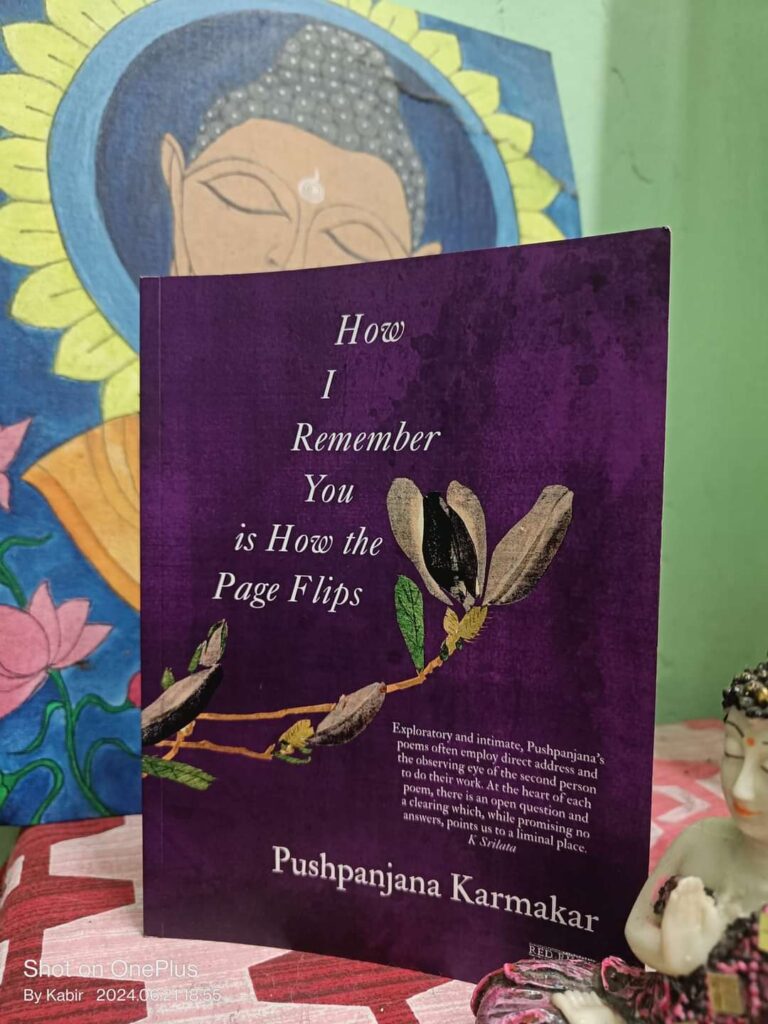
The volume of poetry How I Remember You is How the Page Flips by Pushpankana Karmakar
In the darkness of a cave, the idea of stripping every bit of weight off her body flourishes like a provocative statement. Her confession to be a compassionate composition for acid attack survivors strikes the chord of kindness. Similarly, when she wants to be a song for sports journalists, she undresses her desire to cross the stringent boundaries of society. There is a sense of trauma when the poet writes:
would you ever not want to pause and grow a blister?
The idea of self-hurt takes birth in the life of a woman when her surroundings become claustrophobic and the pain induced by the self is the only way towards freedom and choice. Time is a poem that goes beyond the general physical space to include the ignorant pieces of the lifetime.
Human beings spend approximately sixteen hours per week in front of the mirror with a washbasin as a cup of acceptance. We know our emotions before a washbasin and the same have been told in many ways to describe grief, tension and redemption. Here, the poet writes about the place by describing the basics of what happens before the flowing water of the basin. Poetry
Also Read: The Broken Body of a Province, The Fallen Voices of Its People
So, when she says: patience is clogging at the strainer/looking into the gut of the mirror, she focuses on how most human beings lose patience when shedding unnecessary weight becomes important. After crossing the busy hours, most of us get to feel the dry and moist parts of our body. Sometimes cleaning the mess takes the upper hand; sometimes the trickling water plays the role of an erotic lover. We get to feel it when Pushpanjana writes:
You are becoming aware of your body
turning as hard as the stare of the stranger.
The poet writes about what we do generally while forming a relationship with our washbasin: we try to share our cries and cacophony with it. The release of thrombosis is how most love stories either become toxic or they metamorphose into a healthy one. Yet like every other activity, the end is always distressing. So, even at the end of the gutter, we get to see a very similar equation, which the poet quotes as: elsewhere is again a teetering retreat. poetry
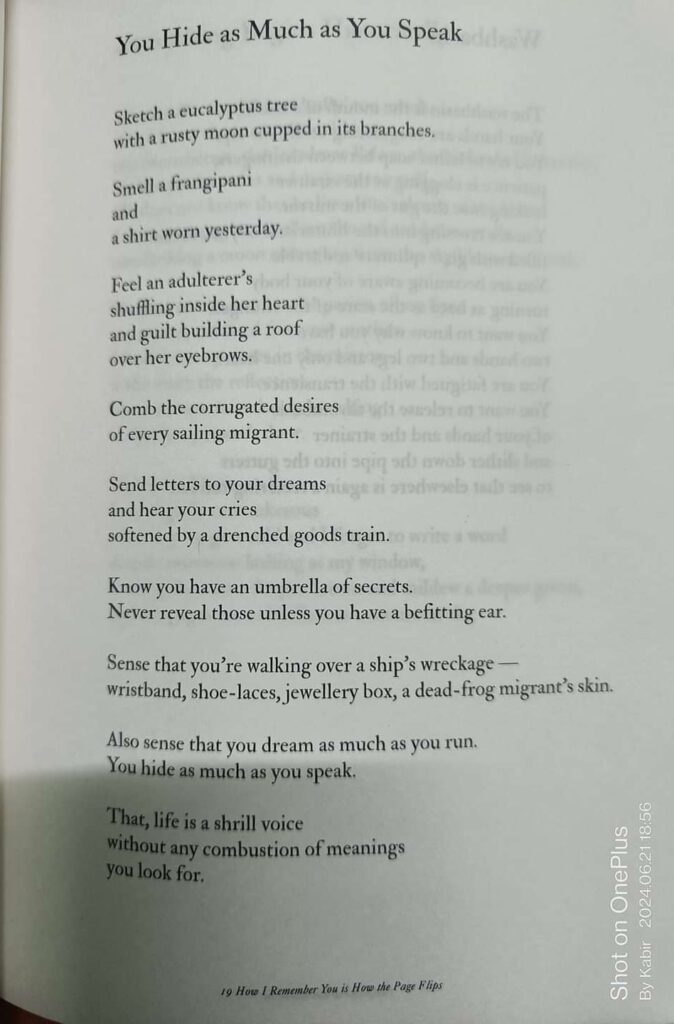
The poem “You Hide as Much as You Speak” from this volume
As the extremists around us thrust an angry Hanuman in our lives, we offer them our joy as their exclusive content. A statement that is meant to be funny, but in a strange way, it is not. With the expansion and ascension of a globalized society, laughter has become an occasion with a high mortality rate. In her poem, Laughter is a Wrongdoer, Pushpanjana unveils laughter and how it percolates from and inside us. poetry
Pushpanjana Karmakar’s book of poetry documents life from its root. Its intimacy evolves and changes to leave us with a lesson that we must feed upon.
But in the poem, laughter is a villain. It leaves the face of adults. It penetrates the body of a human being and takes what is stored in it like pain, exhaustion, sometimes even breath. In a claustrophobic society, laughter is going to be the reason of our death. On the other hand, it is a form of expression that does not leave us alone. It gives pleasure to eyes who want to see a happy society. The poet says that its loss is something which pains the Earth that is already disturbed. The echo of laughter settles people who fall in love in a society that’s against both the elements. The poet writes:
Laughter, the echoes rising from a lover’s amphitheatre.
The rat with heavy footsteps in an empty room.
Laughter is the abandoned nest on a branch.
The tree lives the breathing weight of the departed family.
The Advaita Vedanta says: life is understood by going beyond meaning. It is indeed true for those who believe that going beyond meaning and life itself is a regular affair with heavy possibility. The poet dissects romanticism that we cherish with our sensory organs. In the poem, Everything Struggles for a Meaning the verses act as witnesses of what we associate with rain drops, break-ups, reminiscence, and our wishes. poetry
We get to understand how to reach the infinite possibilities, we must assemble and internalize the brief occurrences. The damp spot in a home undresses years of memory. Yet the same memory assembles on the bark of a tree as a food for those who live by sucking its sap. Everything is in search of a meaning to reach a conclusion that soothes their existence. She writes:
You run behind grand drapes.
You run behind teasers.
But I see you big, infinite
in my palms.
Pushpanjana Karmakar’s book of poetry documents life from its root. Its intimacy evolves and changes to leave us with a lesson that we must feed upon. The erotic element of its poetry blooms from both places of disgust and beauty. We do not come across such poems quite often in our lifetime, and since we have an entire collection, arousing our hunger for such a book is a necessity.
Image Courtesy: Author, Amazon
Poetry
Kabir Deb is an author/poet based in Karimganj, Assam. He works for the Punjab National Bank and has completed his Masters in Life Sciences from Assam University and is presently pursuing his MCW from Oxford University, London. He is the recipient of Social Journalism Award, 2017; Reuel International Award for Best Upcoming Poet, 2019; and Nissim International Award, 2021 for Execellence in Literature for his book 'Irrfan: His Life, Philosophy, and Shades'. He runs a mental health library named 'The Pandora's Box to A Society called Happiness' in Barak Valley. He reviews books, many of which have been published in magazines like Outlook, Usawa Literary Review, The Financial Express, Cafe Dissensus, Sahitya Akademi, etc. He currently also works as the Interview Editor of the Usawa Literary Review.


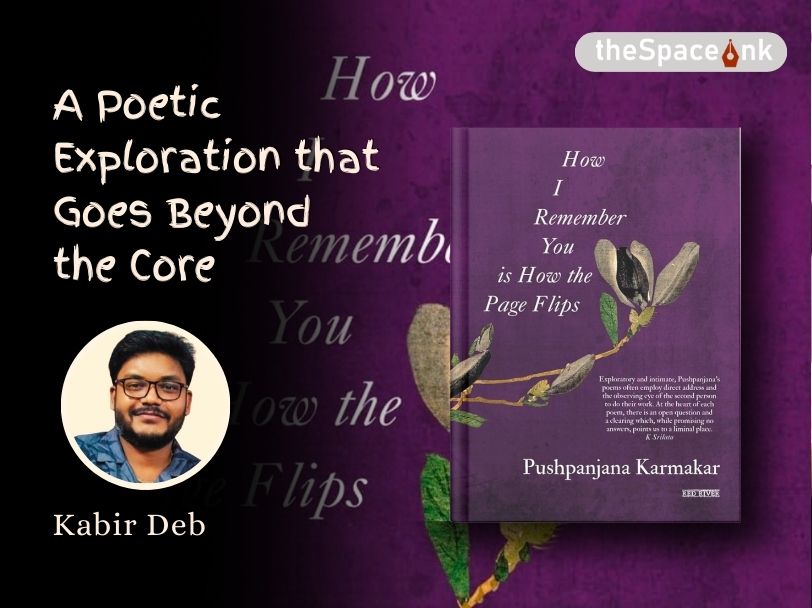



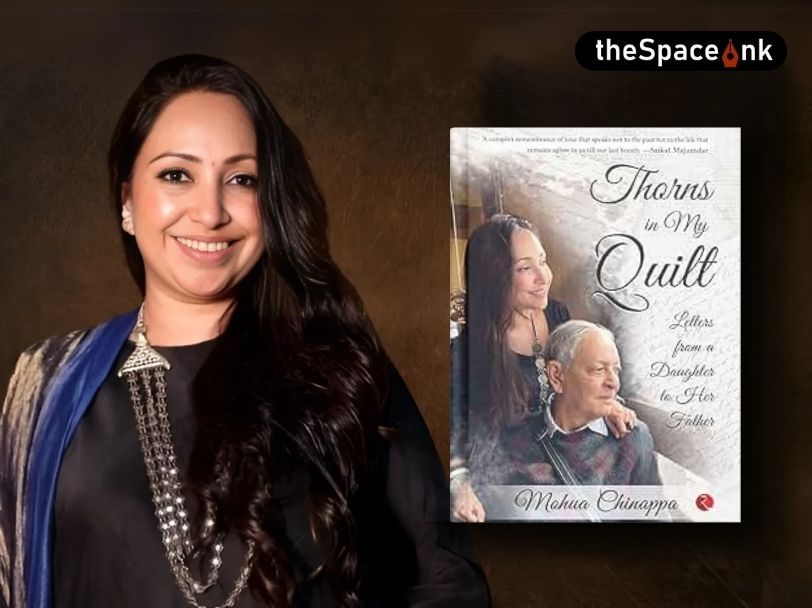
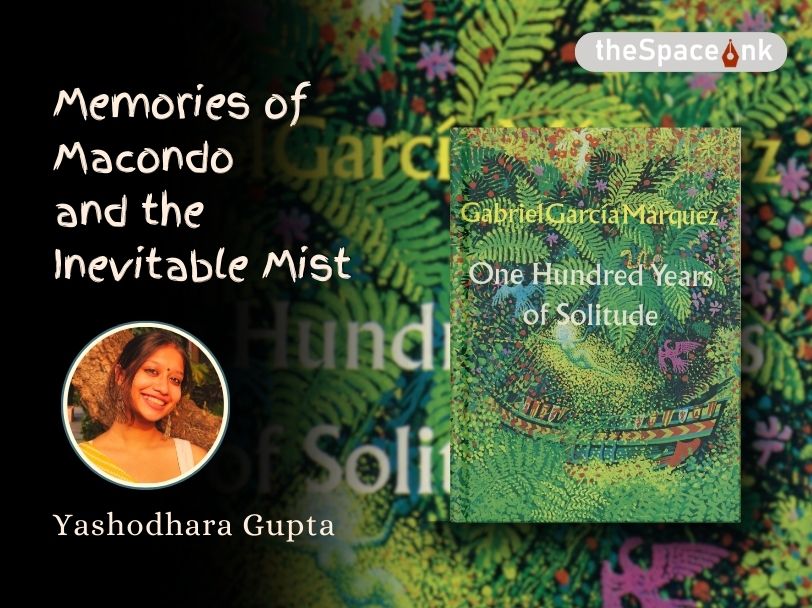
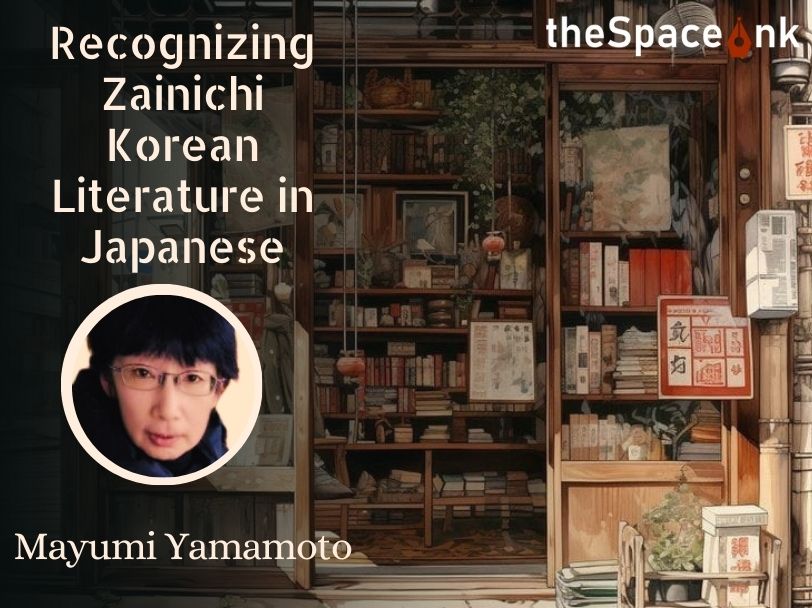
One Response
‘The idea of self-hurt takes birth in the life of a woman when her surroundings become claustrophobic and the pain induced by the self is the only way towards freedom and choice.’…
A well-framed review can do exact justice to the book and these very lines proved it perfectly. An astounding piece of art, all I can say .
Best wishes to Pushpanjana Karmakar for her thought provoking book